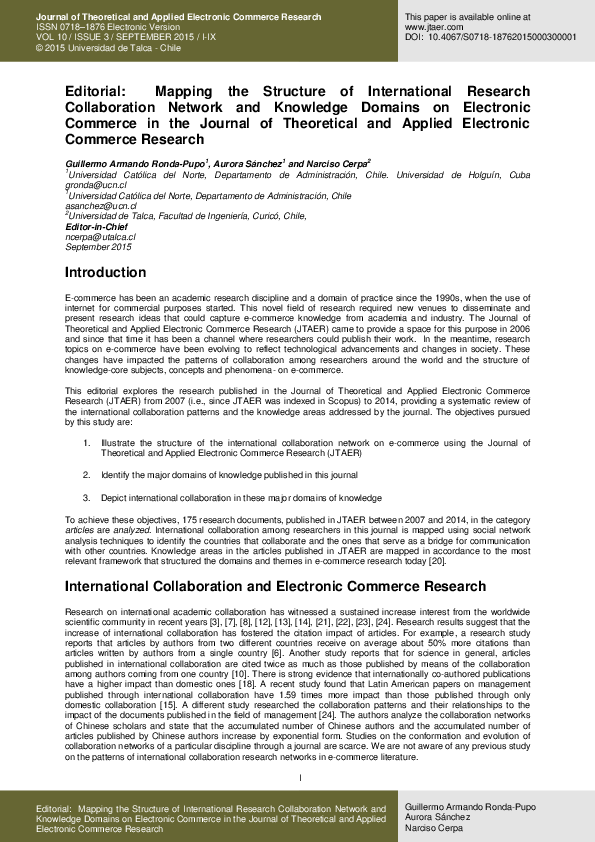Leveraging Stacking Framework for Fake Review Detection in the Hospitality Sector
IF 5.1
3区 管理学
Q1 BUSINESS
Journal of Theoretical and Applied Electronic Commerce Research
Pub Date : 2024-06-15
DOI:10.3390/jtaer19020075
引用次数: 0
Abstract
Driven by motives of profit and competition, fake reviews are increasingly used to manipulate product ratings. This trend has caught the attention of academic researchers and international regulatory bodies. Current methods for spotting fake reviews suffer from scalability and interpretability issues. This study focuses on identifying suspected fake reviews in the hospitality sector using a review aggregator platform. By combining features and leveraging various classifiers through a stacking architecture, we improve training outcomes. User-centric traits emerge as crucial in spotting fake reviews. Incorporating SHAP (Shapley Additive Explanations) enhances model interpretability. Our model consistently outperforms existing methods across diverse dataset sizes, proving its adaptable, explainable, and scalable nature. These findings hold implications for review platforms, decision-makers, and users, promoting transparency and reliability in reviews and decisions.利用堆叠框架检测酒店业的虚假评论
在利益和竞争动机的驱使下,虚假评论越来越多地被用来操纵产品评级。这一趋势引起了学术研究人员和国际监管机构的关注。目前发现虚假评论的方法存在可扩展性和可解释性问题。本研究的重点是利用评论聚合平台识别酒店业的可疑虚假评论。通过堆叠架构结合各种特征并利用各种分类器,我们提高了训练结果。以用户为中心的特征是发现虚假评论的关键。SHAP(夏普利相加解释)增强了模型的可解释性。在不同规模的数据集上,我们的模型始终优于现有方法,这证明了模型的适应性、可解释性和可扩展性。这些发现对评论平台、决策者和用户都有意义,可提高评论和决策的透明度和可靠性。
本文章由计算机程序翻译,如有差异,请以英文原文为准。
求助全文
约1分钟内获得全文
求助全文
来源期刊
CiteScore
9.50
自引率
3.60%
发文量
67
期刊介绍:
The Journal of Theoretical and Applied Electronic Commerce Research (JTAER) has been created to allow researchers, academicians and other professionals an agile and flexible channel of communication in which to share and debate new ideas and emerging technologies concerned with this rapidly evolving field. Business practices, social, cultural and legal concerns, personal privacy and security, communications technologies, mobile connectivity are among the important elements of electronic commerce and are becoming ever more relevant in everyday life. JTAER will assist in extending and improving the use of electronic commerce for the benefit of our society.

 求助内容:
求助内容: 应助结果提醒方式:
应助结果提醒方式:


